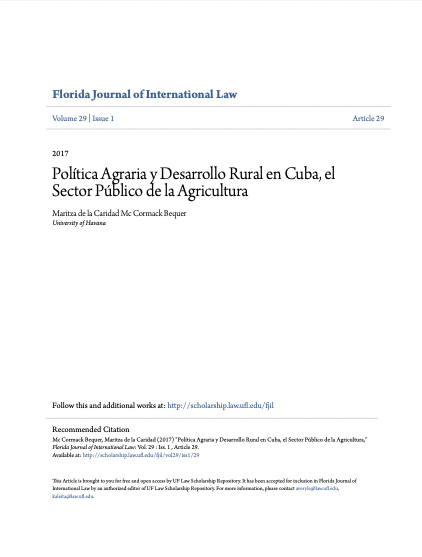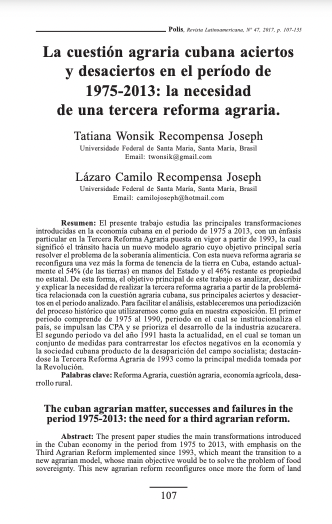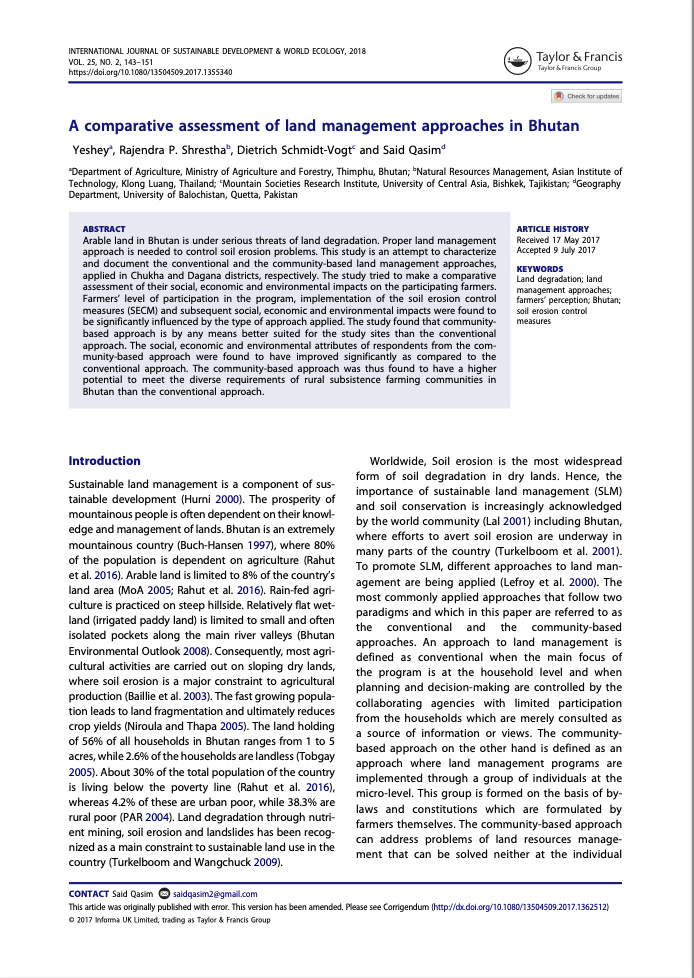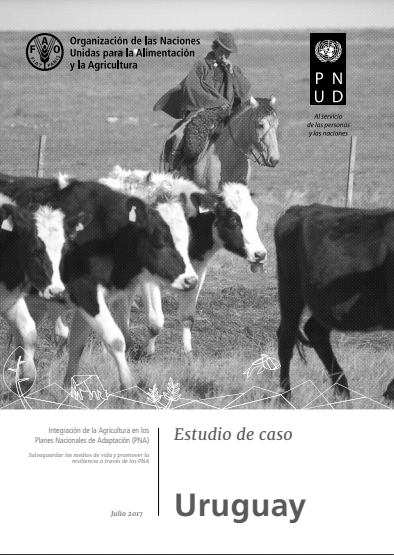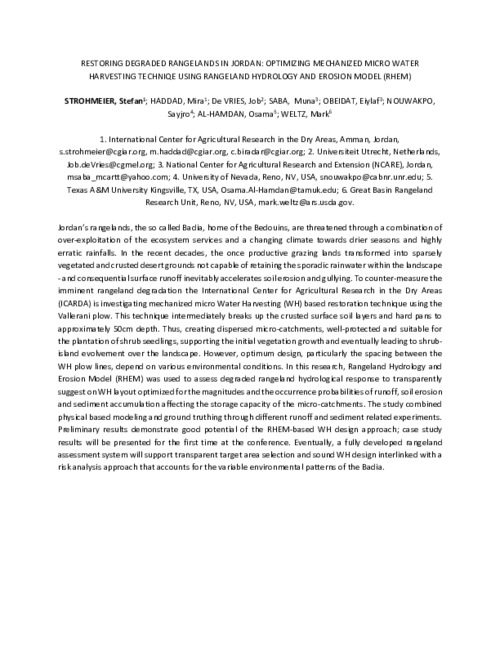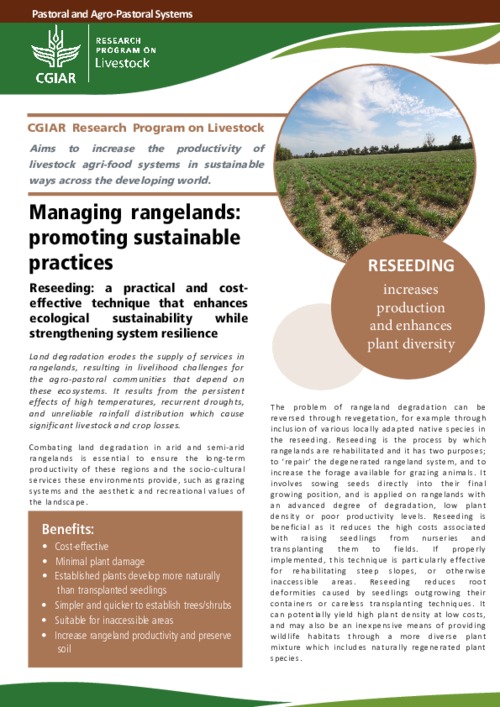Listening to our Land: Stories of Resilience
Productive land is a critical natural asset for rural communities in developing nations, providing them with a wide range of ecosystem resources, such as water, fertile soils, plant and genetic diversity – on which they depend daily for survival.


